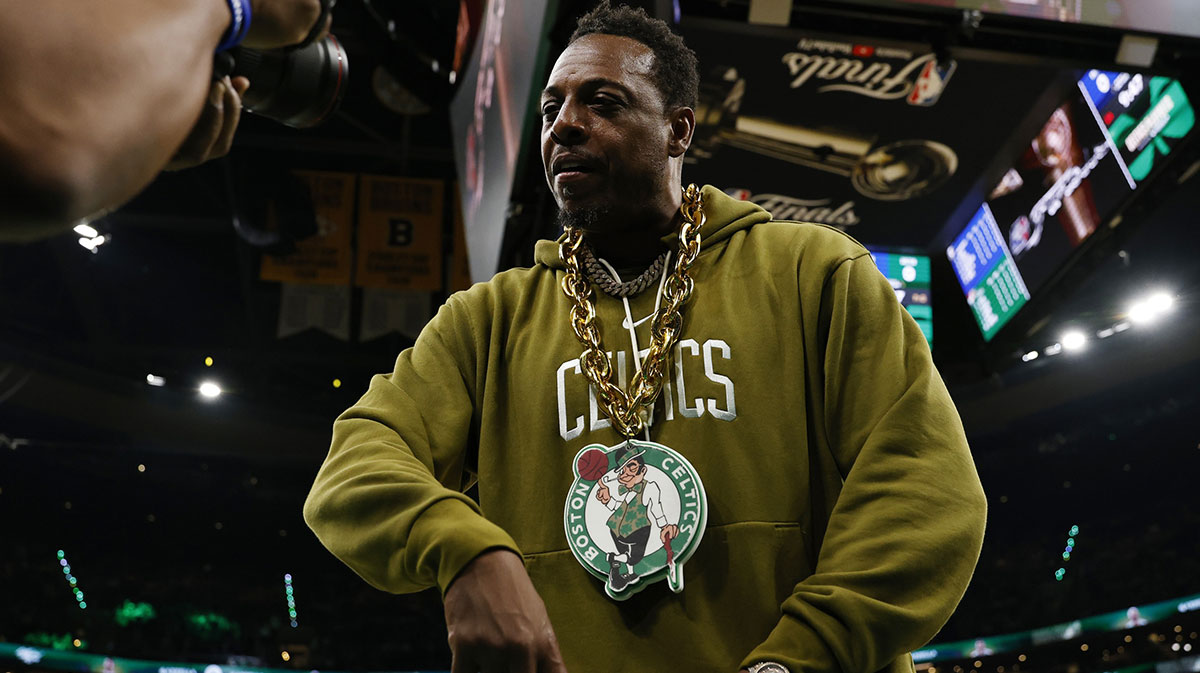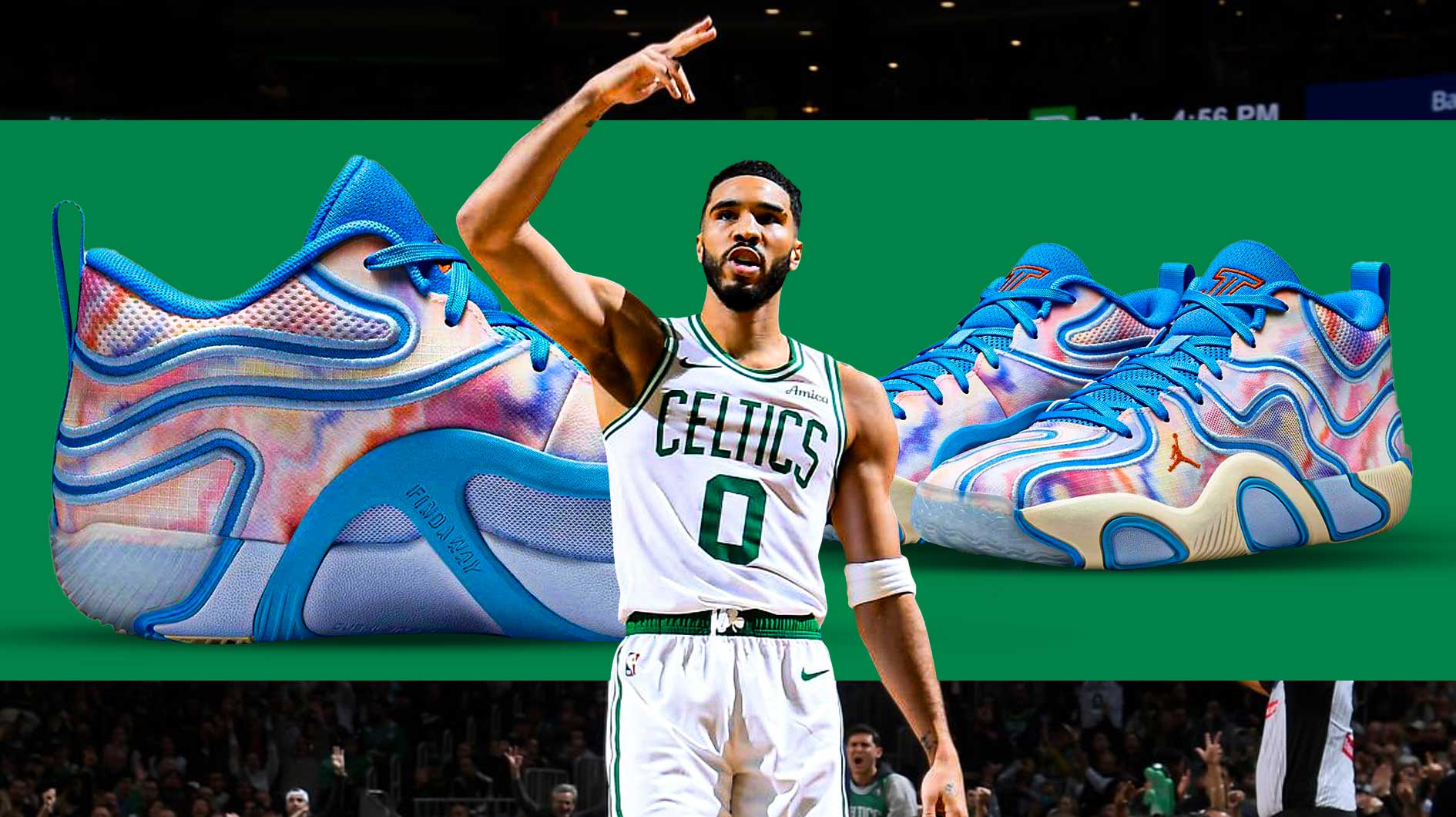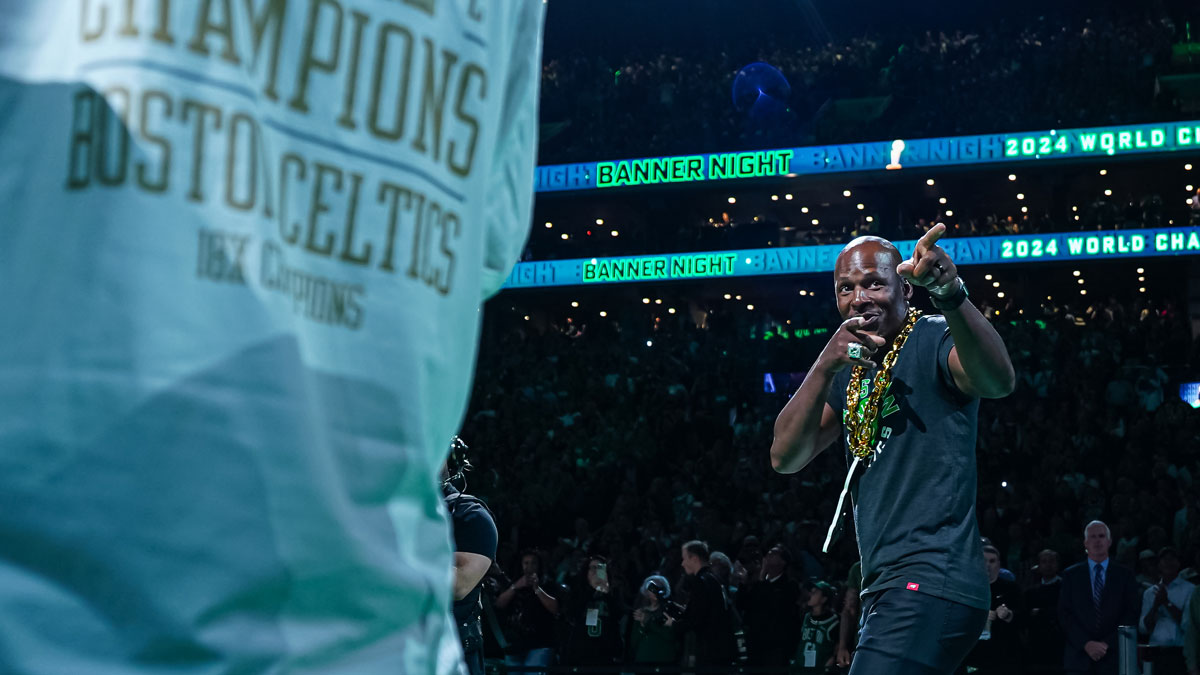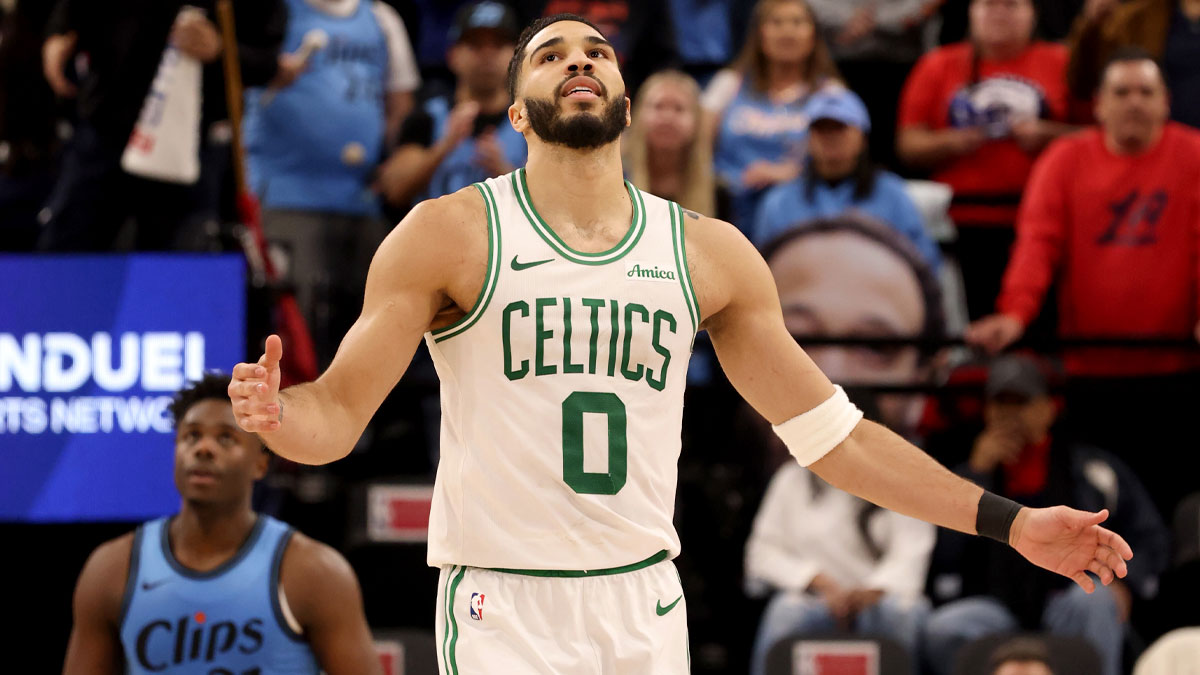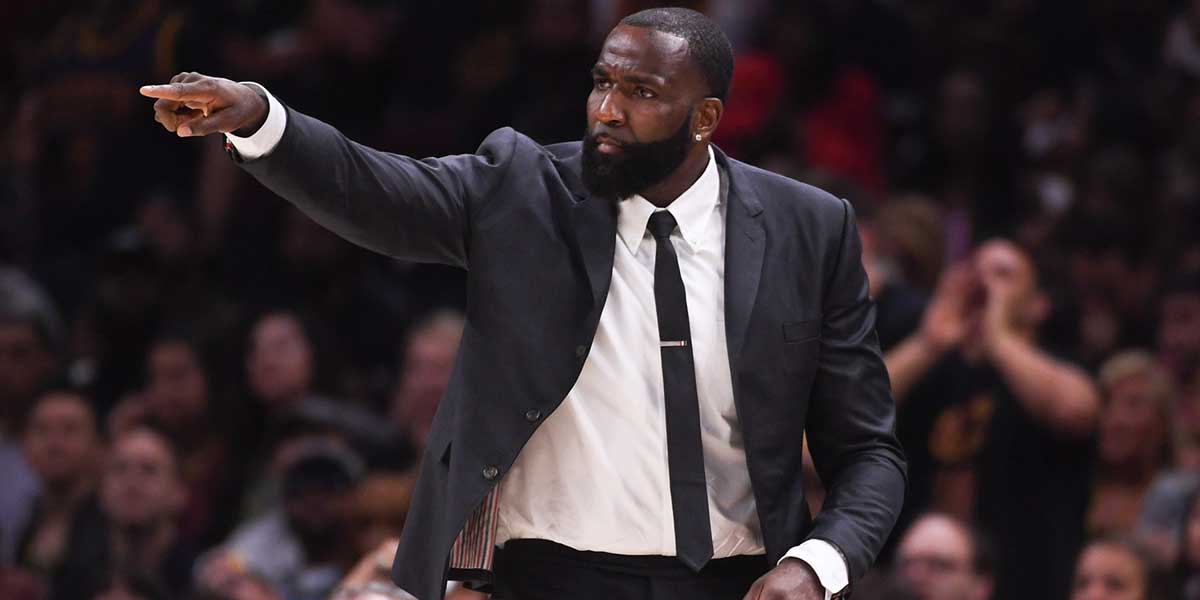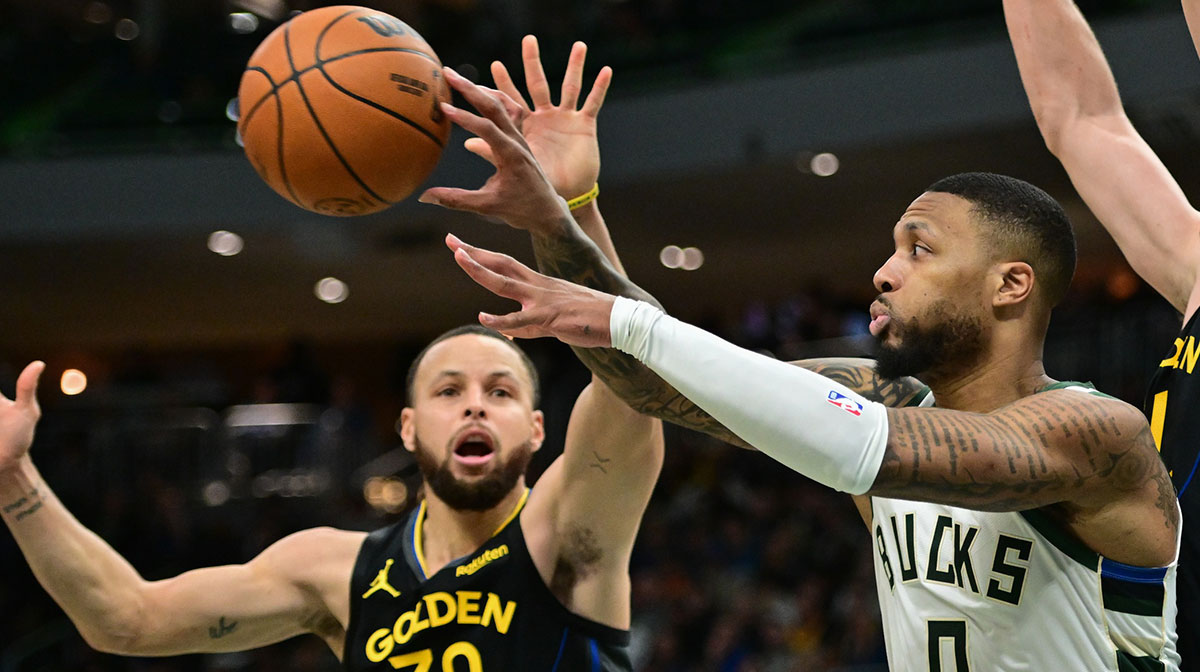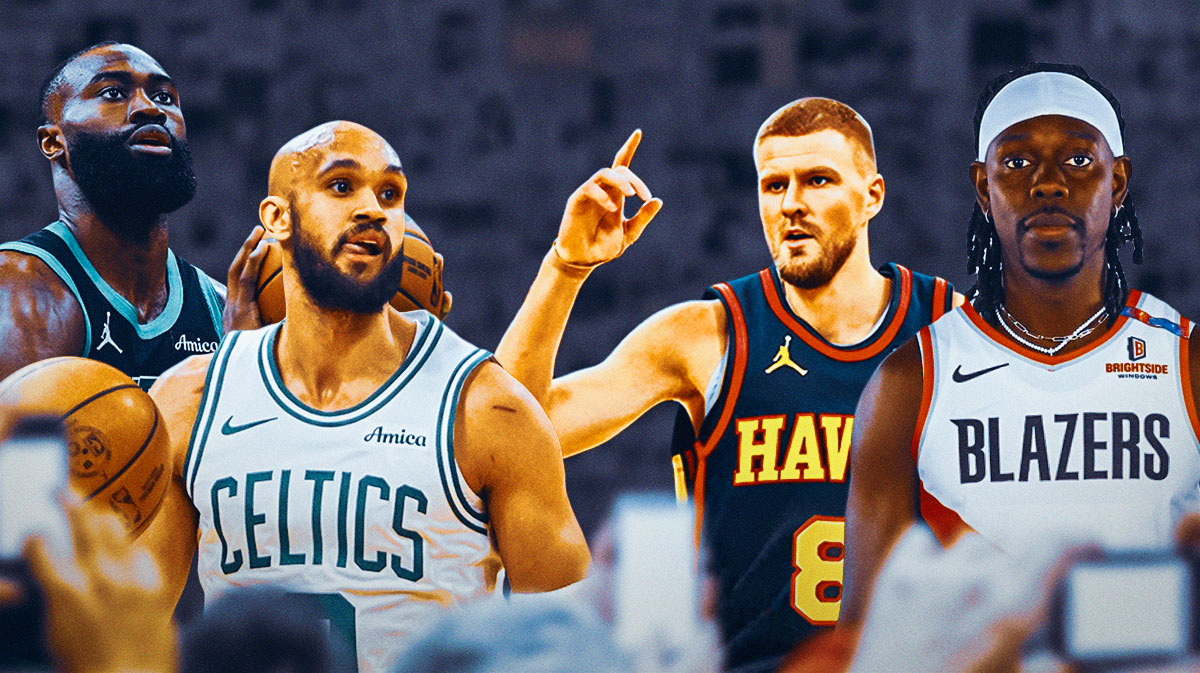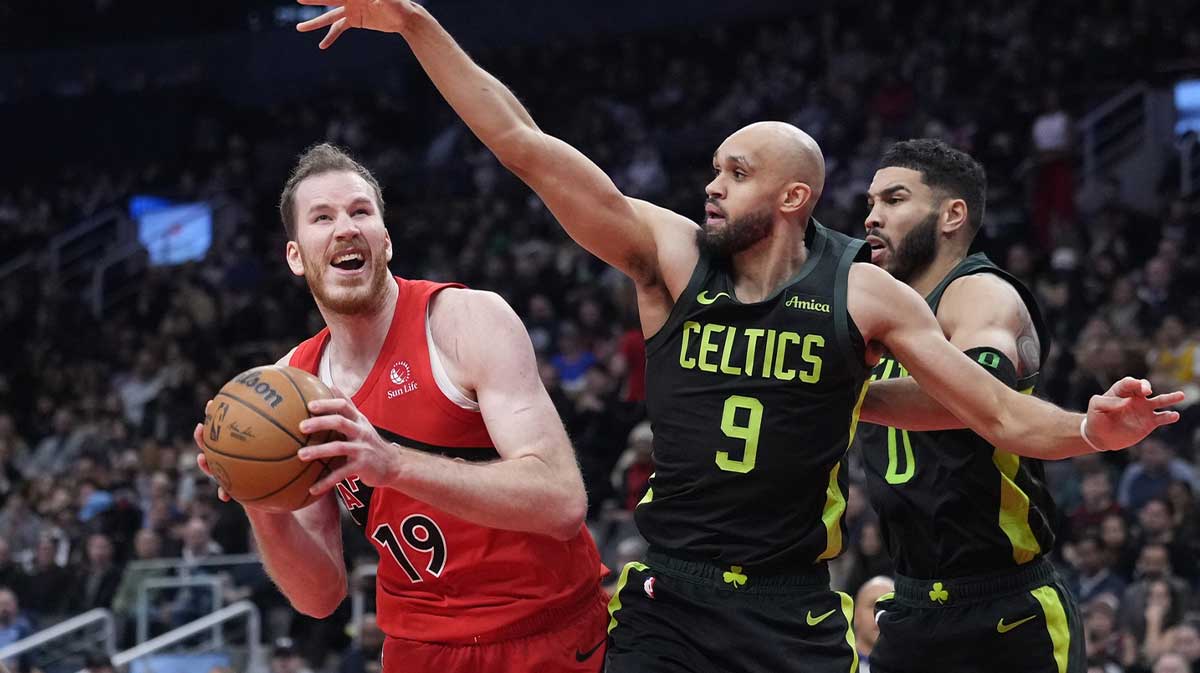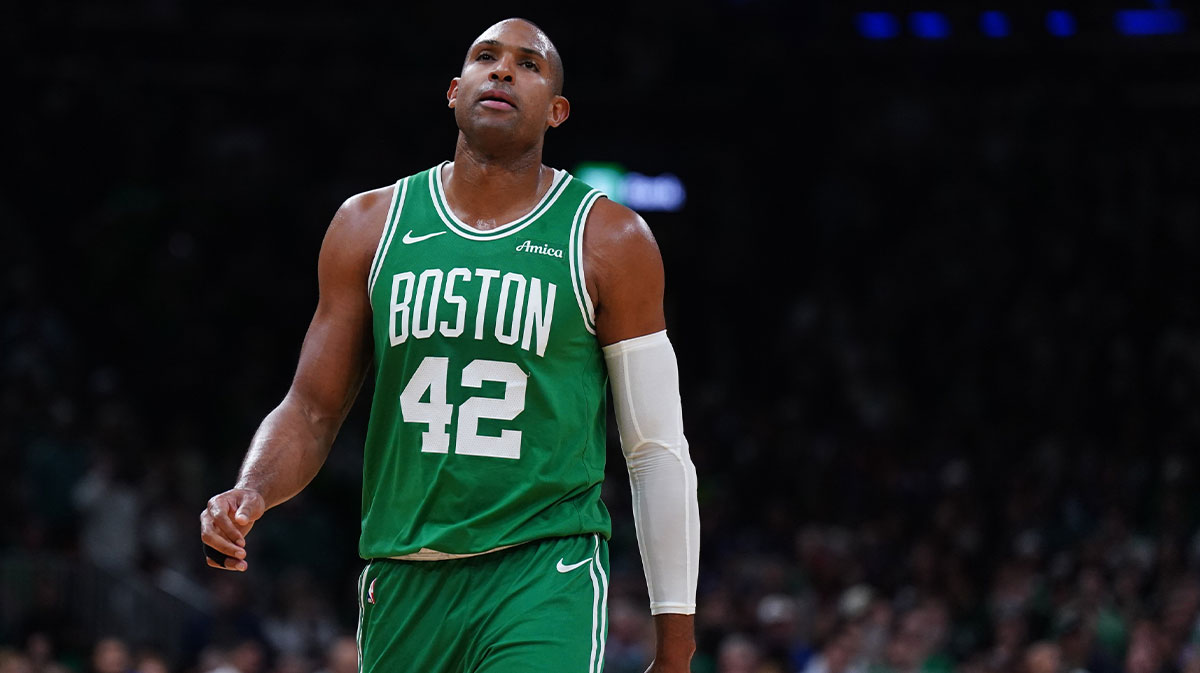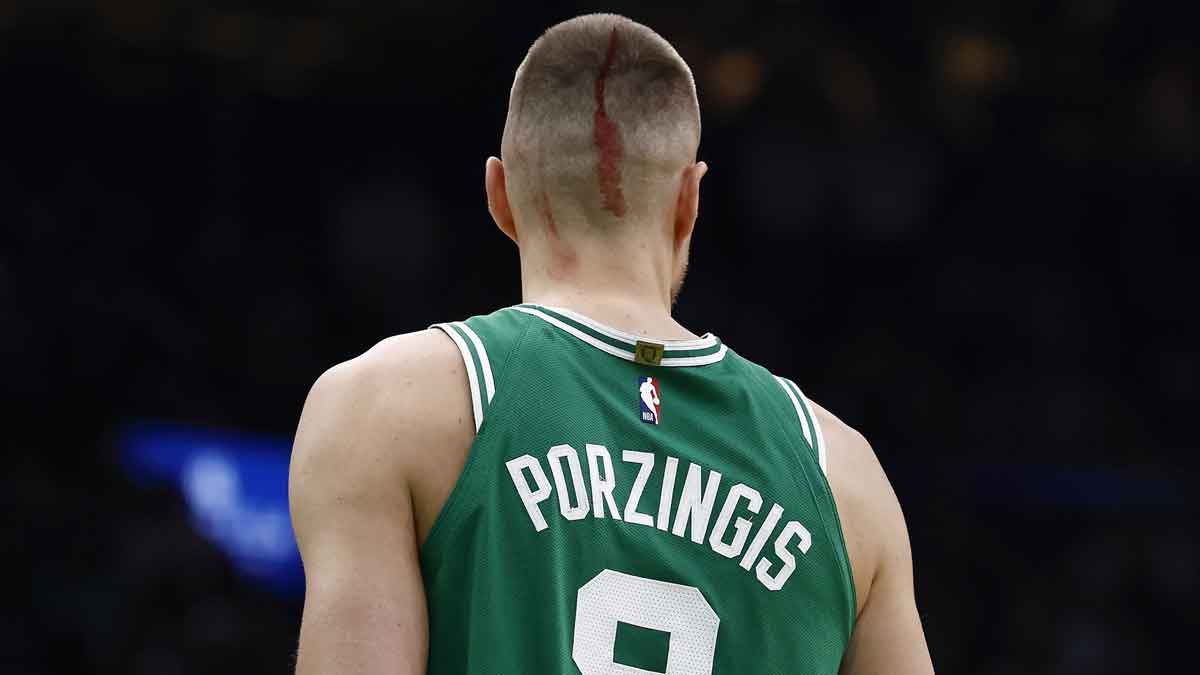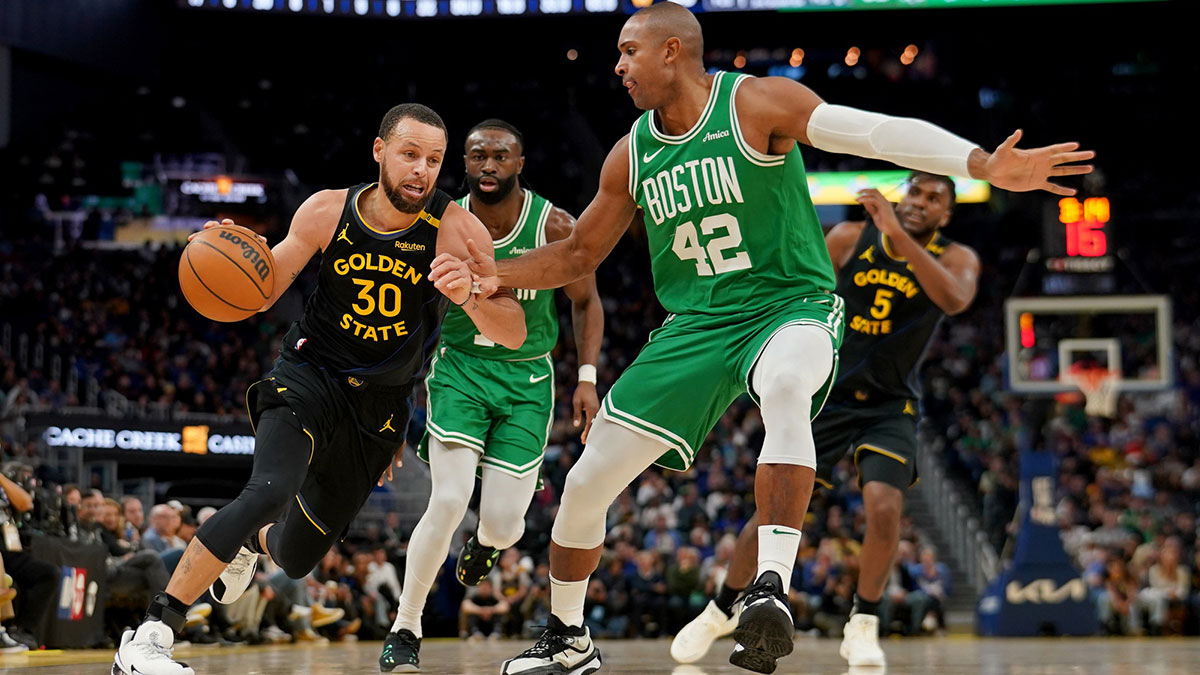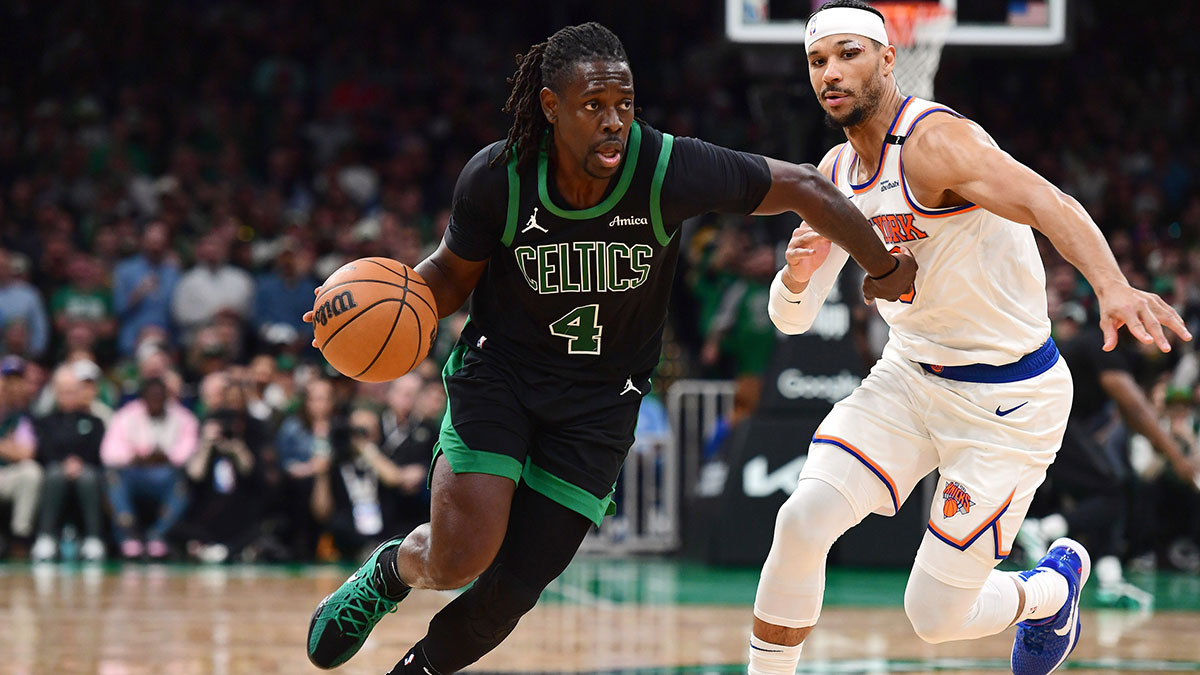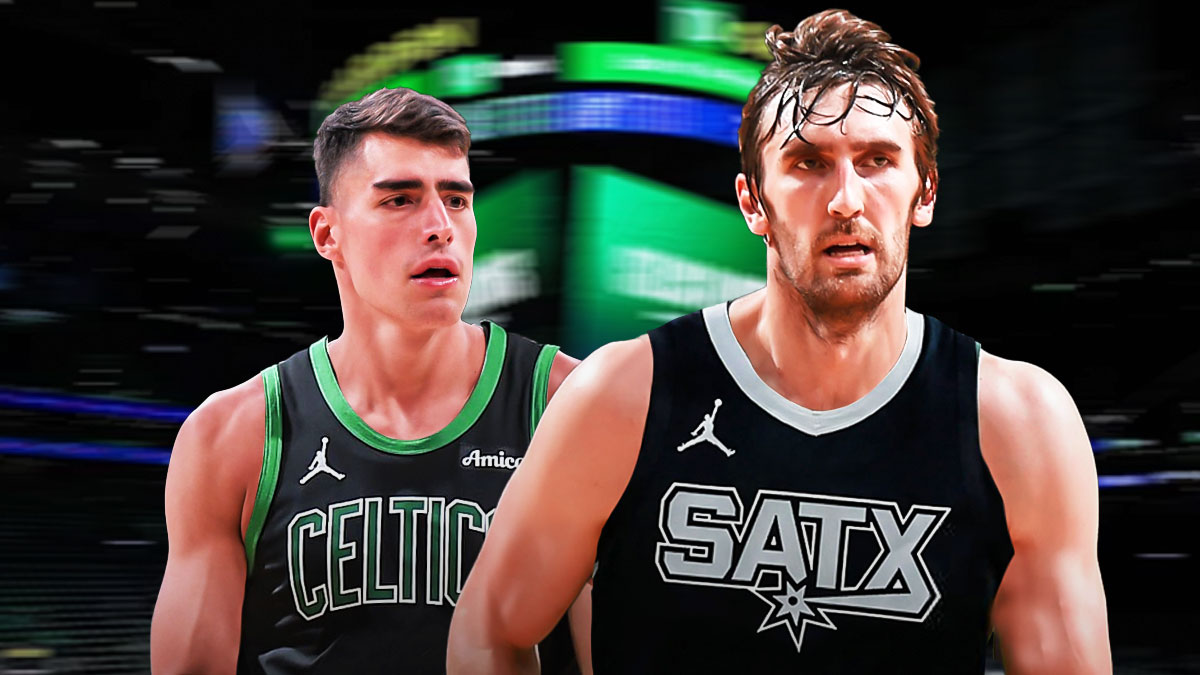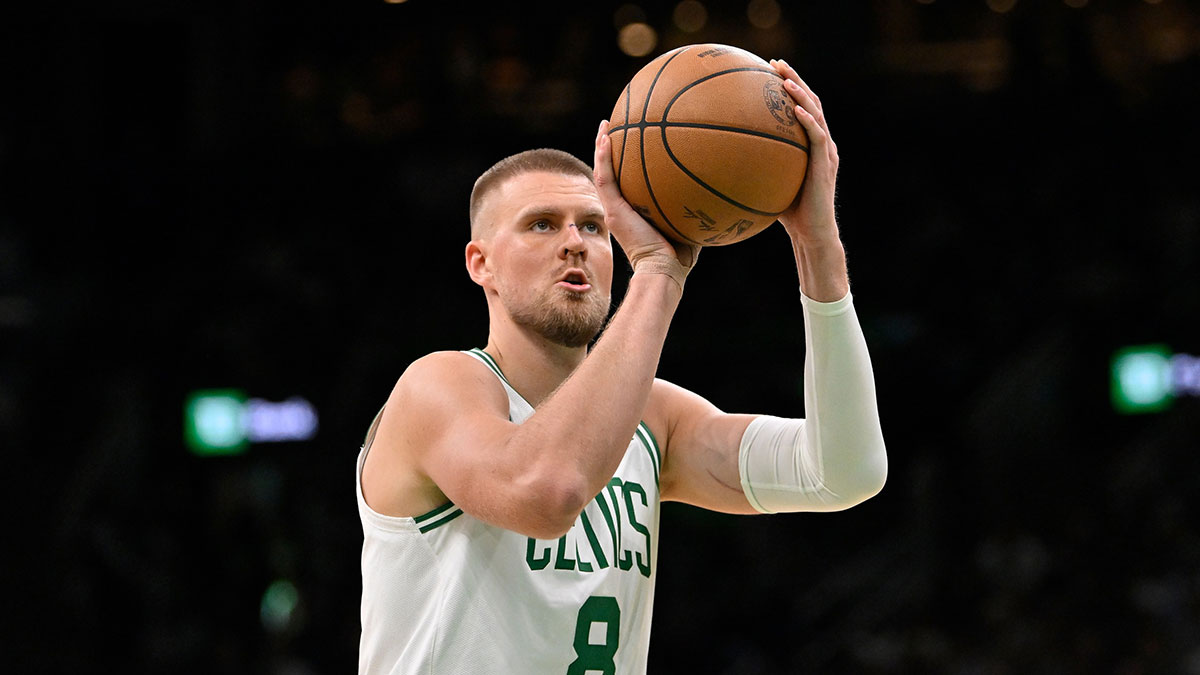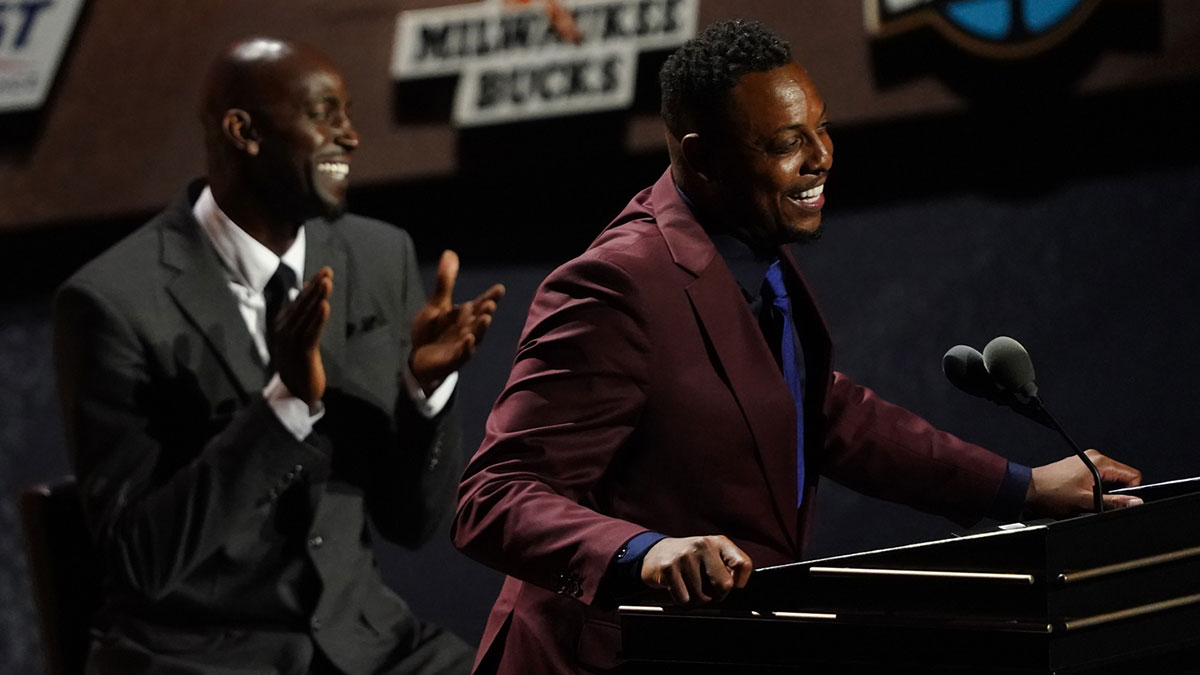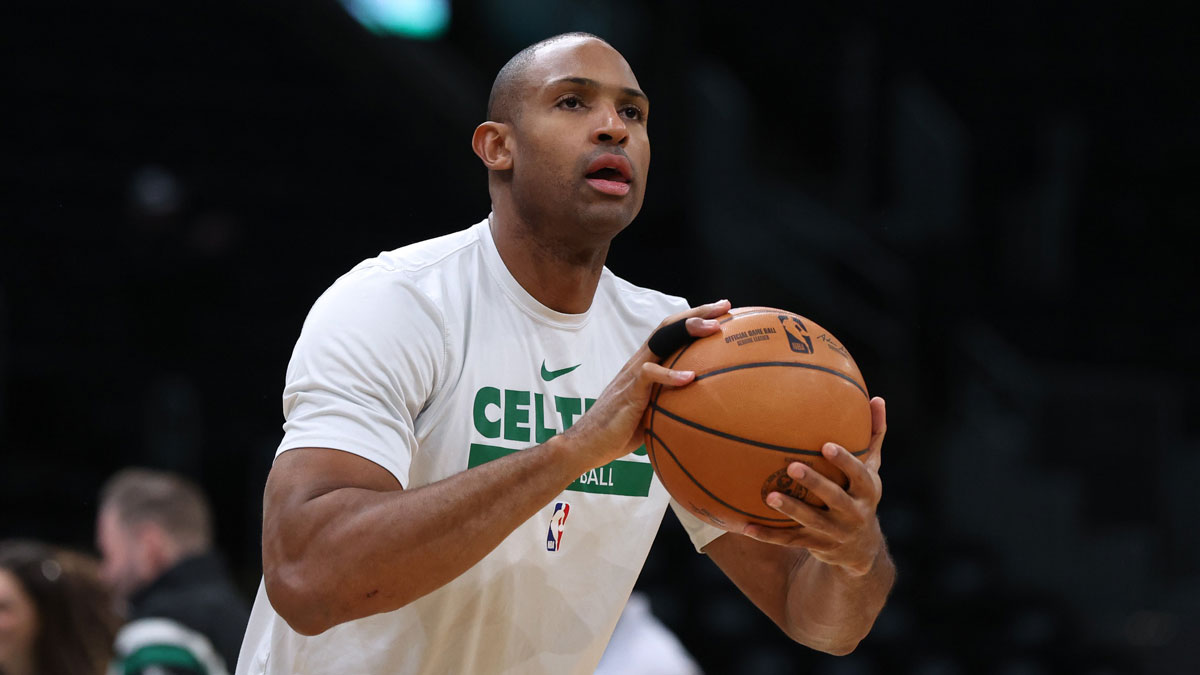It seems hard to believe now, but there was a time when the Boston Celtics were an NBA afterthought.
Beginning in 1995-96, the Celtics missed the playoffs for six consecutive seasons, easily the longest stretch in franchise history. The team's longest prior playoff drought lasted for all of two seasons.
Boston's unprecedented lack of sustained success, though, would almost certainly have been avoided altogether if longtime executive M.L. Carr had gotten his way in the summer of 1994.
Days after signing an aging Dominique Wilkins, Carr acted on ambitions of bringing in The Human Highlight Reel's rightful heir to basketball's dunking throne, Michael Jordan.
Just one problem: The three-time champion and MVP had retired a year earlier, fulfilling his late father's wish of playing professional baseball, and his rights were still owned by the Chicago Bulls.
Undeterred, Carr placed a call to Bulls vice president Jerry Krause inquiring about the team's willingness to allow him to speak with Jordan.
“I was dead serious,” Carr told the Associated Press in 1994. “I don't know how serious Krause was. But if I had a chance to talk with Michael Jordan, I'd give up a first-round draft choice. It's hard to tell.
“I just threw the idea up one time on the phone,” he continued. “He probably thought I was crazy. The offer is out there. I'd like him to call and tell me I could talk to Jordan.”
Jordan had previously resisted calls from players, coaches, the league, and the public to suspend his nascent baseball career and return to the hardwood. But Carr, known for his sunny disposition and unflinching optimism, felt compelled to make his case directly to Jordan nonetheless.
“You may think it's far-fetched but you don't know what he's thinking,” he said. “I'll shag balls for him. I'll do anything. Please, Michael, come to Boston.”
Jordan, of course, resisted Carr's overtures, finishing another season of minor league baseball before announcing his return to the NBA on March 17th, 1995 with a legendary two-word press release: “I'm back.”
Buoyed by his presence, Chicago closed the 1994-95 season 13-4 to make the playoffs as a five seed before losing to the eventual Eastern Conference champion Orlando Magic in the second round.
Jordan rededicated himself to basketball during the offseason, accounting for a relative lack of explosion compared to his prime with a devastating post game made most famous by his iconic fadeaway jumper. The Bulls went on to win the next three championships, their second three-peat of the 1990s, before Jordan retired again in 1998.
It was always extremely unlikely that Carr was going to be able to convince Jordan to leave baseball, let alone Chicago, but add the hypothetical of His Airness wearing Celtics green and gold to the long list of eyebrow-raising what-ifs throughout NBA history.

